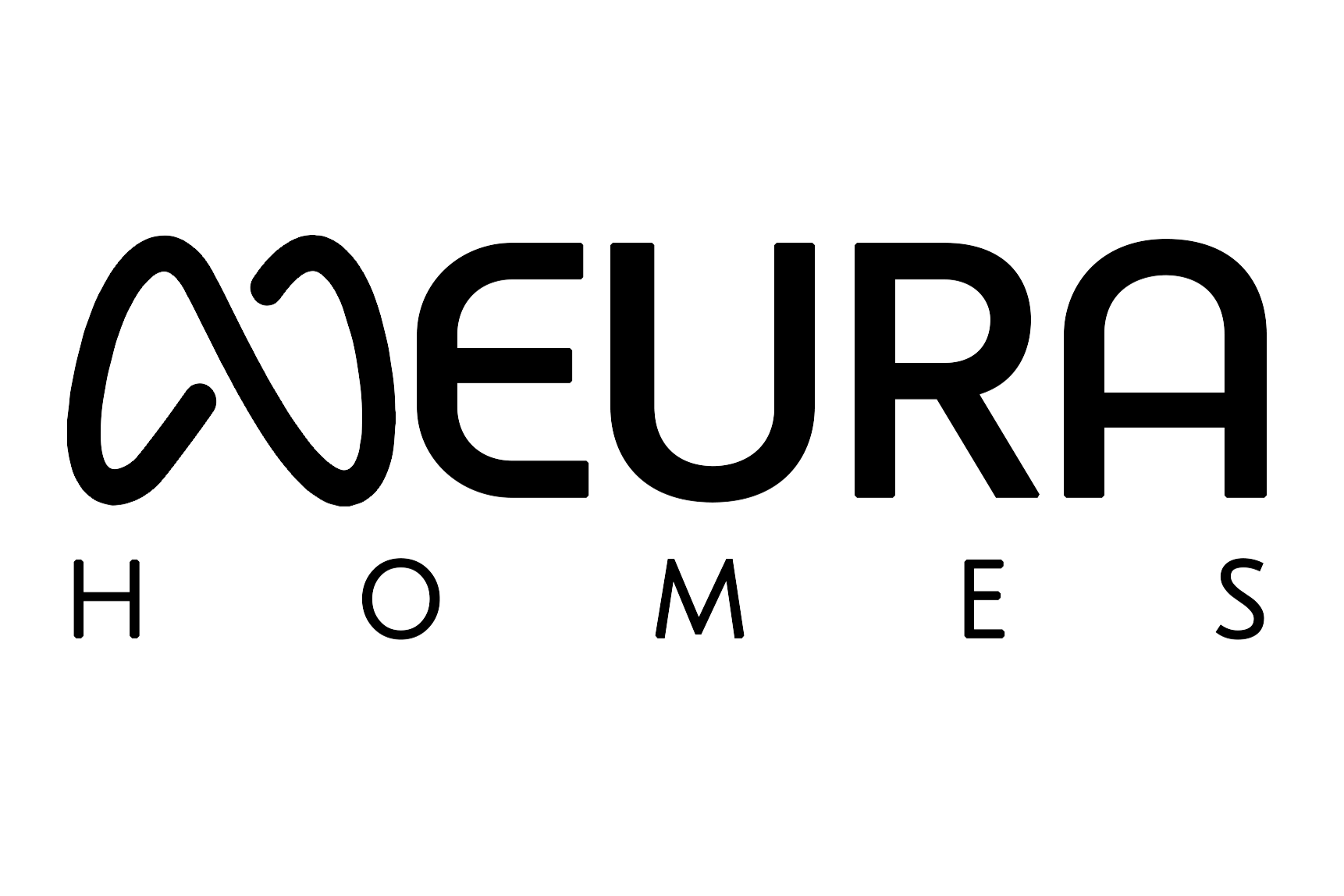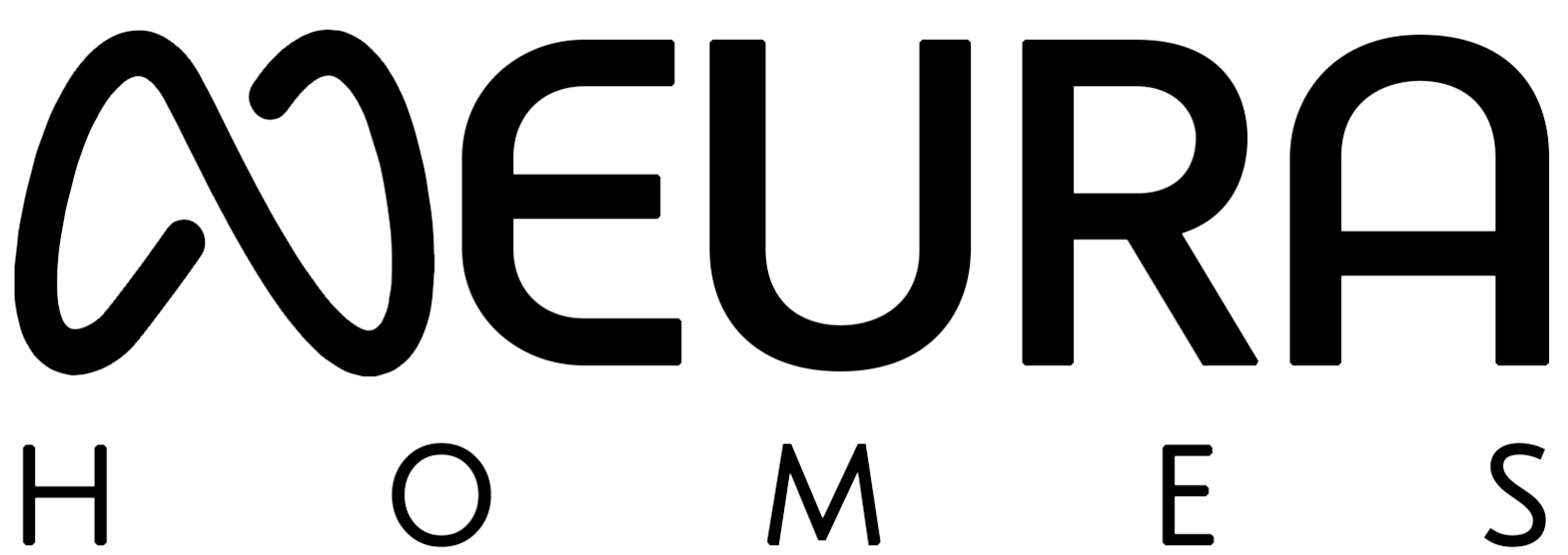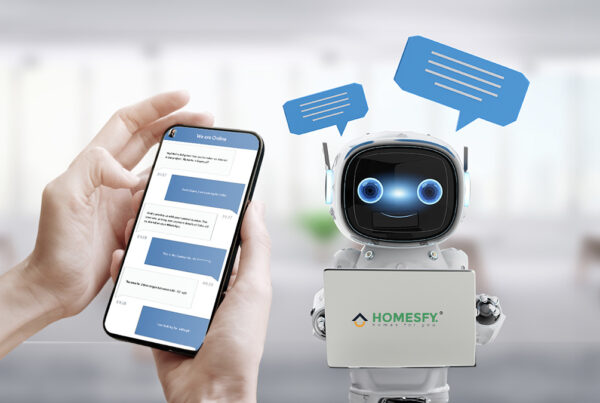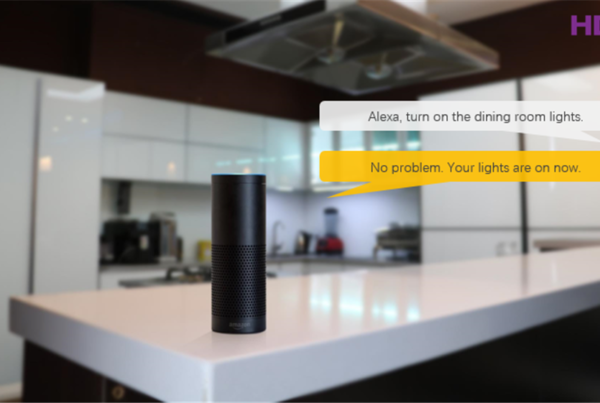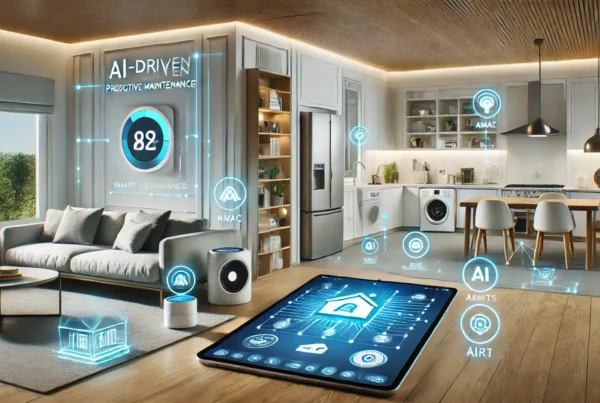Home security is evolving, and blockchain technology is becoming a key player in ensuring privacy, data security, and automation. Traditional security systems rely on centralized networks, making them vulnerable to cyberattacks. Blockchain eliminates this risk by decentralizing data, improving access control, and securing smart home communications. NeuraHomes is committed to integrating blockchain-driven security solutions to protect modern homes.
1. Strengthening Smart Home Security with Decentralization
Most security systems store data on centralized servers, making them easy targets for hackers. Blockchain removes this risk by distributing information across multiple nodes, preventing unauthorized access or system shutdowns. As a result, homeowners benefit from a more secure and tamper-proof security network.
2. Enhancing Access Control with Smart Contracts
Blockchain-based smart contracts help homeowners manage access to their property. These contracts automate security protocols and eliminate the need for traditional keys or passwords. For example:
- Homeowners can grant temporary access to guests or service providers with a digital key.
- The system automatically logs all entries and exits, ensuring a transparent and tamper-proof record.
- Smart contracts trigger security actions, such as locking doors at a scheduled time or revoking access when necessary.
3. Securing Communication Between Smart Devices
Smart home devices constantly exchange data, making them vulnerable to cyber threats. Blockchain encrypts this data and ensures that only authorized devices can access the network. This prevents hackers from intercepting security camera footage, alarm signals, or entry logs.
4. Preventing Fraud and Data Manipulation
Blockchain’s immutable ledger records every security-related transaction, making data manipulation impossible. This feature provides several benefits:
- All security logs remain unchanged, preventing unauthorized modifications.
- False security alerts decrease, as blockchain ensures the accuracy of logged incidents.
- Cybercriminals cannot override security settings, making home security more reliable.
5. Improving Smart Home Cybersecurity
As smart homes become more connected, cybersecurity threats continue to rise. Blockchain enhances cybersecurity by:
- Eliminating password vulnerabilities with decentralized authentication methods.
- Blocking unauthorized devices, ensuring only verified connections to the security network.
- Detecting unusual activity early, allowing homeowners to respond before a security breach occurs.
Conclusion
Blockchain technology is revolutionizing home security by eliminating central points of failure, improving authentication, and encrypting communication. As smart home adoption grows, NeuraHomes remains dedicated to integrating blockchain-powered solutions for stronger, safer, and smarter homes.
